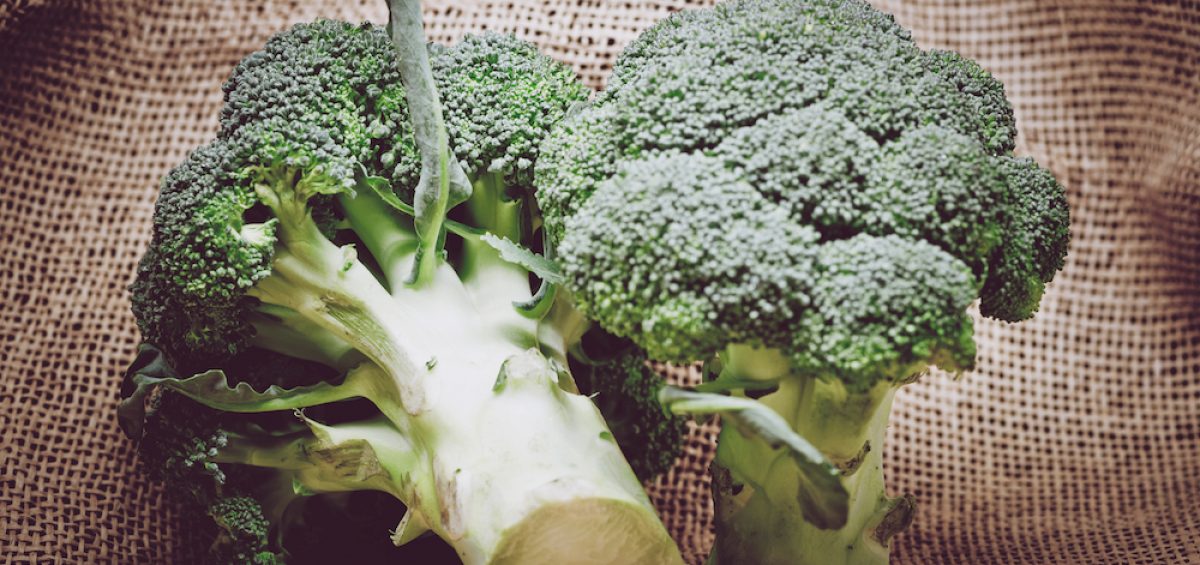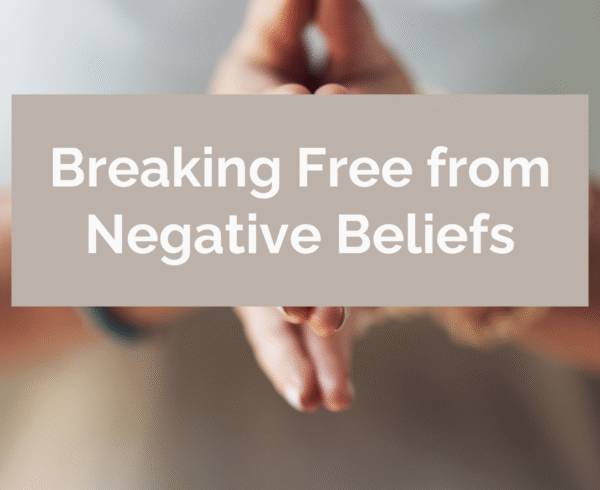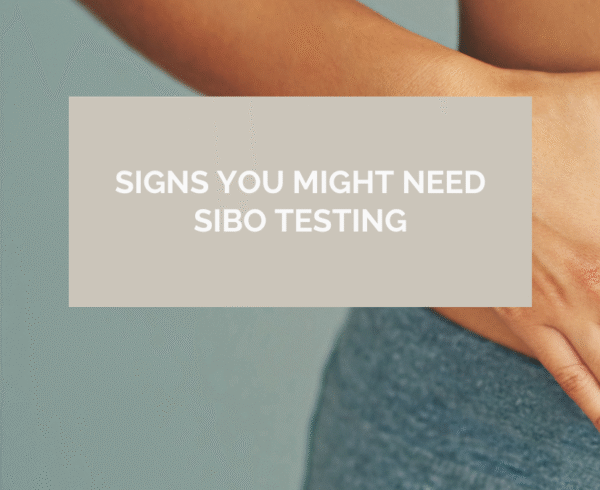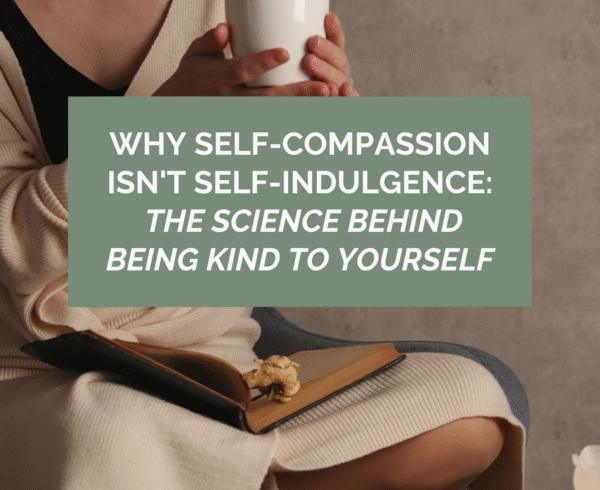It all starts with what you put in your mouth. The foods you eat form the foundation of any treatment program, especially for those with chronic conditions such as endometriosis. A solid foundation is focusing on a whole-food approach with plenty of vegetables, fruits, good quality fats and proteins from both animal and vegetarian sources. Your diet should be void of processed and deep fried foods, refined carbohydrates and concentrated sugars, artificial flavours, preservatives and colours.
5 Foods That Fight Endometriosis
Endometriosis is an inflammatory disease that is oestrogen-dependent with a potential autoimmune link. So the foods that fight endometriosis exhibit anti-inflammatory and immune building properties, as well as detoxification capabilities to promote healthy oestrgoen levels.
Fish
Omega-3 fatty acids found in oily fish exhibit powerful anti-inflammatory properties that help to lower inflammation. A large perspective study found that women who consumed omega-3 fatty acids within their diet reduced their risk of endometriosis up to 22%, compared to the group with the lowest intake of these fatty acids. I recommend eating fish (preferably wild caught and fresh) 3-5 times per week. This includes sardines, herring, tuna, trout, salmon, mackerel and snapper.
Turmeric
The active constituent in turmeric, curcumin, has a number of amazing medicinal properties that are beneficial for endometriosis sufferes. These include reducing inflammation and oxidative damage, modulating the immune system and aiding detoxification. Turmeric acts specifically on reducing the inflammatory markers (NF-kappa B) that are normally elevated in those with endometriosis. In addition to using turmeric as a food, I do recommend supplementing with good quality turmeric to achieve therapeutic dosages. The best way to get turmeric into your diet is adding it to your smoothies, lattes and fresh juices, as well as a seasoning in your main meals. You can find some of my favourite turmeric recipes in my latest Gut Repairing Recipe Ebook, including my go to Vanilla Turmeric Smoothie and Mixed Minced Turmeric Lettuce Cups.
Brassica Family Foods
The Brassica family foods contain indole-3-carbinol, which is a naturally occurring phytochemical that supports detoxification. This group of vegetables helps to clear oestrogen via the liver and improve the ratio of 2:16 hydroxyoestrone, which is commonly imbalanced in oestrogen-dominant conditions like endometriosis. Brassica vegetables include bok choy, broccoli, Brussels sprouts and cabbage and should be plentiful in your diet.
Ginger
Ginger is one of my favourite herbs and it works wonders for conditions associated with pain. I often prescribe ginger in the form of medicinal herbs as a tincture or tablet, as well as a food for those who suffer from bad period pain (also known as dysmenorrhea). In a comparative clinic trial, ginger showed to be just as effective as ibuprofen in relieving pain associated with dysmenorrhea. The easiest way to get ginger into your diet is to sip on a good quality organic ginger tea, and add it to your fresh smoothies, juices or your main meals.
Pre & Probiotics
Pre and probiotics help to restore balance to the gut microflora. They aim to reduce pathogenic (bad) bacteria by improving good bacteria. Pre and probiotic rich foods also help to improve immunity and lower inflammation. Studies have recently suggested that an imbalance in gut bacteria can worsen endometriosis. Prebiotic rich foods are those that feed the good bacteria in our digestive system and include dandelion greens, flaxseeds, legumes, asparagus, leek and artichokes. Probiotics are live micro-organism that help to re-establish a healthy microflora. Foods rich in probiotics include kefir, kombucha, yoghurt, tempeh, natto, miso and sauerkraut.
5 Foods That Feed Endometriosis
The foods that fight endometriosis are anti-inflammatory, where as the foods that feed endometriosis are those that increase inflammation and should be avoided.
Dairy
Although there are currently no studies showing the benefits of a dairy-free diet and endometriosis, there are plenty of studies showing that a dairy-free diet can help to reduce inflammation. This is because of the protein within dairy. Dairy, from the commonly used Holstein cow contains a protein called A1 casein, which has been shown to increase inflammatory markers. Not everyone is sensitive to casein but it presents as reoccurring infections such as tonsillitis, eczema and asthma. Other inflammatory reactions include acne, diarrhea, constipation, bloating, period pain and PMS. In these cases it is best to avoid A1 dairy all together. As an alternative, I often recommend goat or sheep dairy, as it is often tolerable and does not contain the A1 casein protein. Other forms of dairy that contain very little amounts of A1 casein include ricotta, butter, heavy cream and whey protein isolate. Dairy alternatives include coconut and almond milk.
Wheat
Along with dairy, wheat can cause significant problems, however it does not affect everyone in the same way. It often comes down to your genetics and the state of your gut health. As I work with a lot of women with gut issues alongside endometriosis, wheat is often a common contributing factor to symptoms. I frequently recommend avoiding it, especially in the early stages of healing.
Gluten
Wheat also contains a protein called gluten. Gluten is also considered to be an inflammatory protein for most people. Celiac disease is a serious, yet rare (1% of the population), autoimmune condition where the consumption of gluten can cause significant damage to the digestive system. In this case, gluten should be strictly avoided for life. New evidence is also emerging that those with non-celiac gluten sensitivity (NCGS), approximately 6% of the population, respond in similar ways to gluten as those with celiac disease. Studies are also looking at foods high in FODMAPs that could be contributing to the inflammation in NCGS (another topic, for another day). Unfortunately, unlike celiac disease, NCGS is hard to detect. The best detection is through an elimination diet to monitor symptoms. Alternatives to wheat and gluten include quinoa, rice, buckwheat and sorghum.
Sugar
Sugar gets a pretty bad wrap and rightfully so. The sugar I am referring to is that of the refined kind found in chocolate, sweets, cookies, sweetened yoghurt and milks and those deliciously sweetened baked goods. As well as the concentrated form in honey, fruit juices, dates, white rice and white flour. These types of refined carbohydrates and sugars have a high glycemic index (High GI) that cause a spike in insulin levels. This spike is then followed by a crash, and with repeated exposure leads to insulin resistance, inflammation, obesity and gut imbalances. It is best to get your sugar in it’s natural form from your fruit, vegetables and whole-grains. These wholefoods also contain fibre, protein and other important nutrients, which act very differently in the body and protect against inflammation.
Alcohol
Alcohol impairs detoxification and messes up your gut micro-flora, which ultimately leads to inflammation, flaring up endometriosis symptoms. An occasional drink isn’t what I’m talking about. I am talking about the excessive binge drinking. If you do wish to enjoy an occasional drink opt for a good quality red wine or gin / vodka and soda. Also avoid having more than 2-4 standard drinks on the occasion and be sure to drink water in between each alcoholic beverage. In any serious condition, I recommend avoiding alcohol all together until symptoms are under control.
What About Food Intolerances & Allergies?
Food reactions cause an inflammatory response in the body. This inflammatory response can cause a number of symptoms such as nausea, diarrhoea constipation, bloating, headaches, muscle and joint pain, PMS, eczema, asthma, acne, anxiety, depression and the list goes on. Interestingly, studies have shown that food intolerances and allergies are often higher in women with endometriosis. The best way to determine food intolerances or sensitivities is through an elimination diet. An elimination diet is considered to be the gold standard and your Naturopath can help guide you through the stages appropriately. Allergies are more recognisable as they cause immediate reactions such as hives or swollen airways and can also be picked up on IgE blood tests.
On a final note, it is not only what you put in your mouth that is important in treating endometriosis, but also what you choose to put on your skin. It is important to avoid xeno-oestrogens that come from chemicals especially in our bath and beauty products. I recommend using the EWG Chemical Data Base to assess your home and beauty cabinets.
If you would like to book in for a Naturopathic Appointment I offer both online and in clinic (Gold Coast) consultations. You can find out more about my services here.
1











Leave a Comment